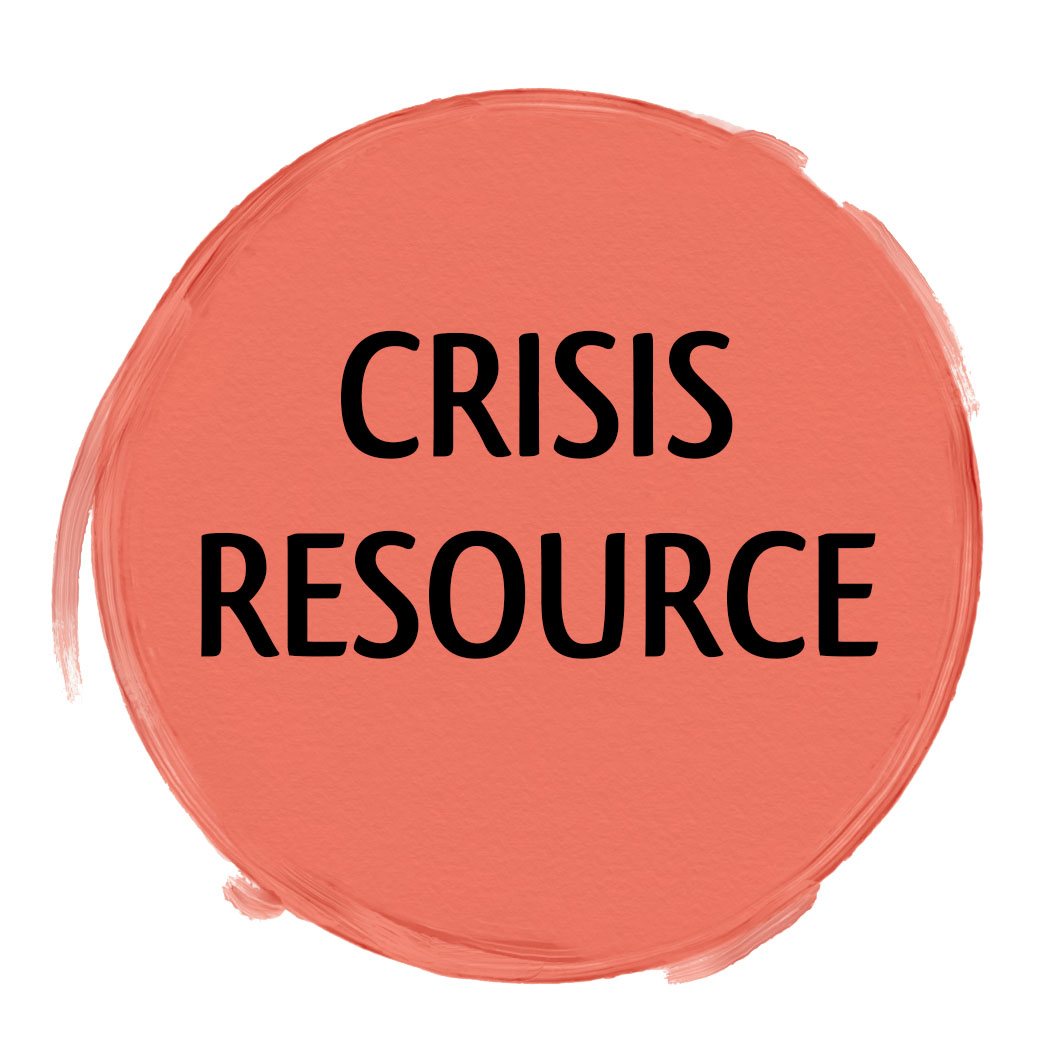Stress
Concerns may include: trouble sleeping, upset stomach, change in mood, feeling depressed, irritable and/or overwhelmed, not able to concentrate or focus, wondering if this semester will ever end. Consider making an appointment with the Student Health Center and/or the Counseling Center to learn ways to better manage your stress. The experience of stress can be either acute or chronic. Acute stress usually occurs in response to a short-term stressor, like a major exam or assignment deadline. Acute stress can be very distressing, but it passes quickly and typically responds well to coping techniques like relaxation breathing, talking it over with someone or physical activity. Chronic stress occurs when stressors don’t let up. The roots of chronic stress can vary widely, from situations people can control or avoid (such as having a toxic friendship) to difficulties that are hard to escape (poverty, family problems, illness, loss of family member/friend, trauma). Because people respond differently to stressful circumstances, a situation that one person might find tolerable can become a source of chronic stress for another.












